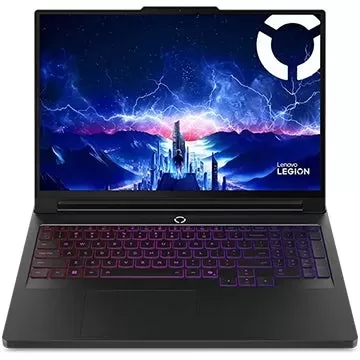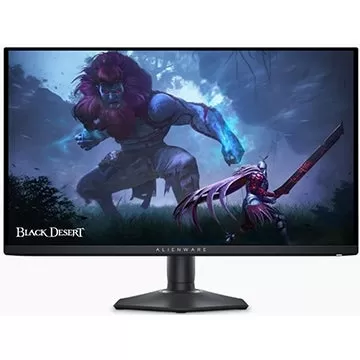Lenovo has opened up preorders for its highly anticipated Lenovo Legion Pro 7i Gen 10 gaming laptop, set to redefine gaming standards in 2025. This cutting-edge device is packed with the latest technology, featuring a powerful Intel processor and Nvidia graphics card, a stunning high-resolution OLED display, and ample RAM and SSD storage right out of the box. Although still listed as a preorder, shipments have begun, with delivery expected as early as late April.
New Release: Lenovo Legion Pro RTX 5080 Gaming Laptop

Lenovo Legion Pro 7i Gen 10 16" 2560x1600 OLED Intel Core Ultra 9 275HX RTX 5080 Gaming Laptop with 32GB RAM, 2TB SSD
$3,599.99 at Lenovo
The Lenovo Legion Pro 7i boasts a 16" 2560x1600 240Hz OLED display, an Intel Core Ultra 9 275HX CPU, and an Nvidia GeForce RTX 5080 GPU. It's equipped with 32GB of DDR5-6400MHz RAM and 2TB of SSD storage (2x1TB). The Intel Core Ultra 9 275HX significantly outpaces the Core Ultra 9 185H found in previous flagship laptops, which was more focused on energy efficiency and not a direct successor to the i9-14900HX. This new processor perfectly complements the GeForce RTX 5080 mobile GPU.
The Legion Pro 7i also incorporates modern features like WiFi 7 and Bluetooth 5.4, USB Type-C with up to 140W Power Delivery, Thunderbolt 4 with DisplayPort 2.1 (40Gbps), and a USB Type-A port with USB 3.2 Gen 2 specifications. It retains an RJ45 ethernet port, a rarity in today's laptops, and includes a privacy shutter for the webcam. The chassis, made of aluminum and magnesium, ensures durability and a premium feel.
We've Reviewed an RTX 5080 Equipped Gaming Laptop
While we haven't yet tested Lenovo's latest Legion laptop, we have evaluated a gaming laptop with the RTX 5080 GPU. The RTX 5080 offers only a marginal improvement over the RTX 4080 in raw rasterized performance but significantly enhances performance in games that support DLSS 4.0 with multi-frame generation. The Gigabyte Aorus Master, equipped with an RTX 5080 at a 150W TGP rating and a 2560x1600 display, mirrors the specs of the Lenovo Legion Pro 7i, suggesting similar gaming performance.
Gigabyte Aorus Master 16" RTX 5080 Laptop Review by Chris Coke
"Nvidia has emphasized the AI capabilities of its 50-series GPUs over pure native rendering performance. Although the RTX 5080's performance is disappointingly close to the RTX 4080, this gap narrows significantly in games that support multi-frame generation. While 'fake frames' may be a meme, their impact on performance can be remarkable when implemented effectively. The experience varies by game; for instance, Alan Wake 2 may feel laggy at higher multiplier settings, whereas Cyberpunk 2077 does not. With emerging technologies like neural shaders on the horizon, investing in these future capabilities is a gamble on Nvidia and game developers to enhance support in upcoming and existing titles."


 LATEST ARTICLES
LATEST ARTICLES 












